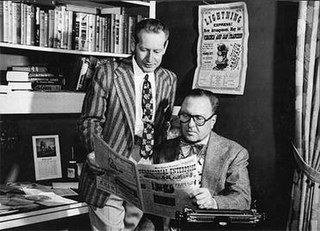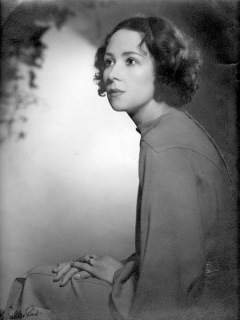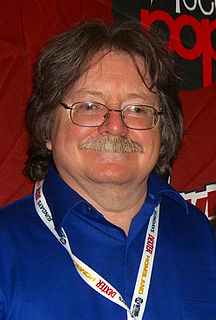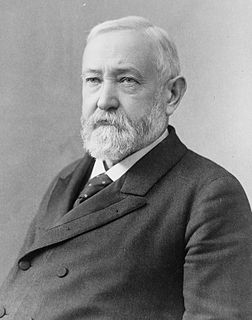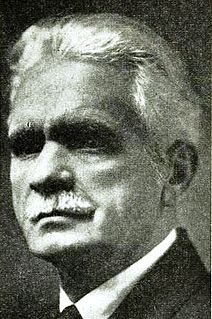A Quote by Jill Scott
I always wanted to be a renaissance woman, do as many things as I possibly can and hopefully do them well or don't do them at all.
Related Quotes
I admire most of all The Renaissance Man, and if it can be said without pretentiousness, I like to think of myself as one, at least in some small measure. Not a Michelangelo, mark you, but perhaps a poor man's Cellini or a road company Cosimo de' Medici ... the Renaissance Man did a number of things, many of them well, a few beautifully. He was no damned specialist.
I think it's always a challenge when you're telling a story that people know. But hopefully, good storytelling - well, there's two things. One is, you definitely have to have surprises and changes so that people are - you keep them interested, you take them down roads that they didn't expect and give them suspense and surprise.
But having more freedom she only became more profoundly aware of the big want. She wanted so many things. She wanted to read great, beautiful books, and be rich with them; she wanted to see beautiful things, and have the joy of them for ever; she wanted to know big, free people; and there remained always the want she could put no name to? It was so difficult. There were so many things, so much to meet and surpass. And one never knew where one was going.
That is the injustice of a woman's lot. A woman has to bring up her children; and that means to restrain them, to deny them things they want, to set them tasks, to punish them when they do wrong, to do all the unpleasant things. And then the father, who has nothing to do but pet them and spoil them, comes in when all her work is done and steals their affection from her.
I have always argued that we can't live by or be made to exist outside of mythology, and that every group and nation has, possibly unacknowledged to themselves, some myths by which they live. It remains important to revisit them, understand them and possibly retell them - or at least own up to them - and then it becomes possible to move something. If it's obscure or invisible to you, you can't budge those understandings.
Funny business, a woman's career: the things you drop on the way up the ladder so you can move faster. You forget you'll need them again when you get back to being a woman. It's one career all females have in common, whether we like it or not: being a woman. Sooner or later, we've got to work at it, no matter how many other careers we've had or wanted.
I cannot always sympathize with that demand which we hear so frequently for cheap things. Things may be too cheap. They are too cheap when the man or woman who produces them upon the farm or the man or woman who produces them in the factory does not get out of them living wages with a margin for old age and for a dowry for the incidents that are to follow. I pity the man who wants a coat so cheap that the man or woman who produces the cloth or shapes it into a garment will starve in the process.
Did Ethan Smith's View of the Hebrews furnish structural material for Joseph Smith's Book of Mormon? It has been pointed out in these pages that there are many things in the former book that might well have suggested many major things in the other.Not a few things merely, one or two, or half dozen, but many; and it is this fact of many things of similarity and the cumulative force of them that makes them so serious a menace to Joseph Smith's story of the Book of Mormon's origin
Anyway, these books I love, they’re all books by men—every last one of them. Because if it’s unseemly and possibly dangerous for a man to be angry, it’s totally unacceptable for a woman to be angry. I wanted to write a voice that for me, as a reader, had been missing from the chorus: the voice of an angry woman.
I love being a woman. I never wanted to be a man or needed to prove I was just like them. I graduated law school at USC, won moot court honors, and finished high in my graduating class, so I knew who I was. I knew I was intelligent and educated and strong. Being a woman has always helped me in many ways.
I'm always intrigued by authors who say, 'This book took 17 drafts.' They're very clear about it. I couldn't possibly count the number of times... So many of these stories I worked on for a very long time and wrote them, set them aside, rewrote them, worked on something else - they were never far from reach; they informed each other.

